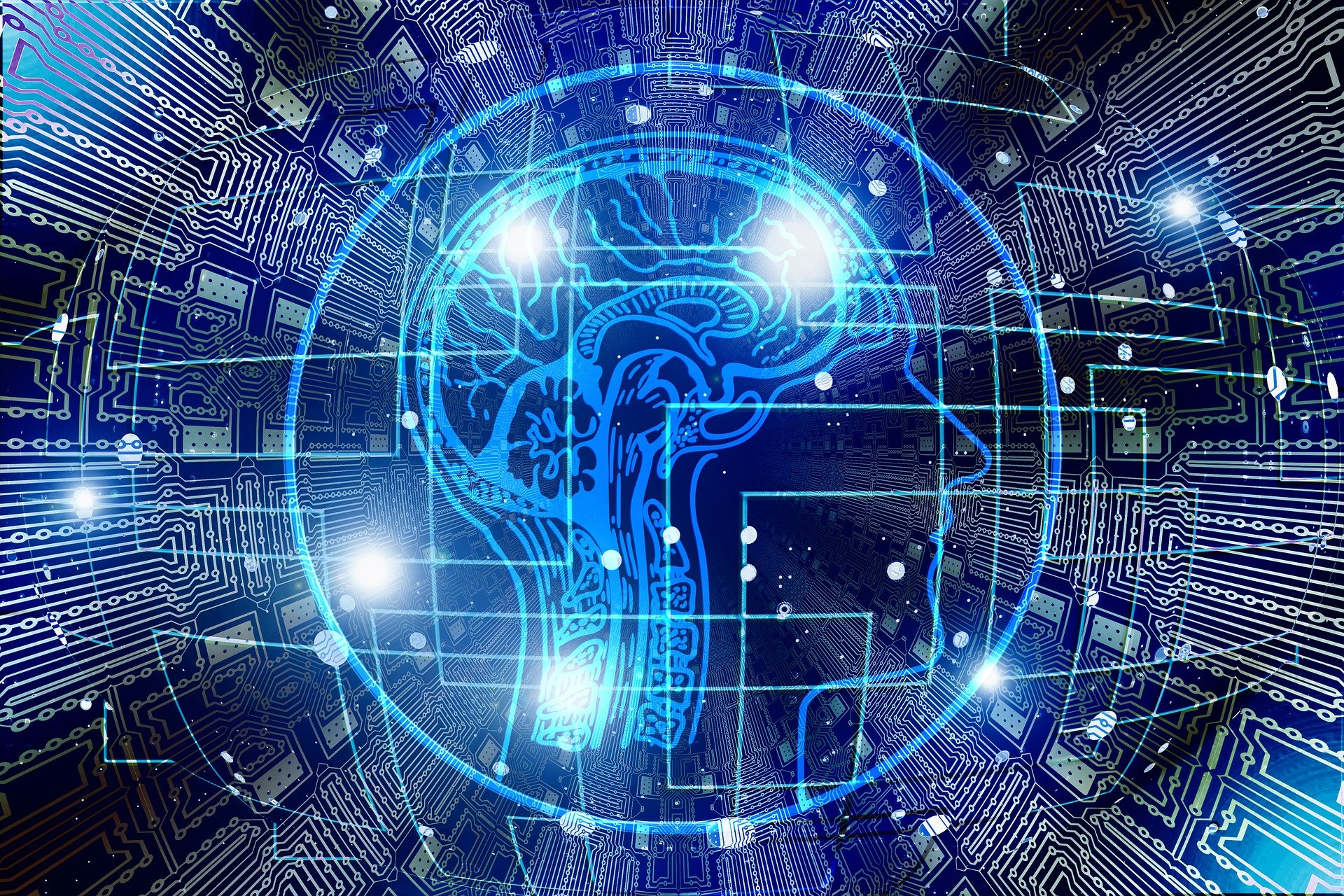Artificial Intelligence: Revolutionizing the Way We Live and Work

Artificial intelligence (AI) has come a long way in recent years and is poised to revolutionize the way we live and work. It’s defined as the development of computer systems that can perform tasks that typically require human intelligence, such as visual perception, speech recognition, decision-making, and language translation. AI is making its way into various industries, from cybersecurity, healthcare, and finance to retail and transportation, and is set to bring about a paradigm shift in the way we interact with technology.
Key aspects of AI
One of the key drivers of AI is machine learning, a type of AI that enables computer systems to learn and improve from experience. With machine learning, computer systems can analyze vast amounts of data and identify patterns. Thus, making it possible to perform complex tasks such as recognizing objects in images and predicting outcomes.
Another important aspect of AI is natural language processing (NLP), which enables computer systems to understand and respond to human speech. This has led to the development of virtual assistants and chatbots that can communicate with users in a conversational manner, making it easier for businesses to interact with customers and for people to access information. In addition, NLP is also being used in fields such as finance and legal services to automate the process of contract analysis and risk assessment.
AI is also playing a key role in the development of autonomous systems, such as self-driving cars and drones, which are capable of performing complex tasks without human intervention. These systems are equipped with sensors and algorithms that enable them to perceive and respond to their environment, making it possible to achieve new levels of efficiency and safety in various industries. For example, self-driving trucks are being developed to reduce the number of accidents caused by human error and to increase the efficiency of goods transportation.
AI can improve employee productivity in the workplace also by automating repetitive tasks, providing real-time data analysis and insights, and streamlining communication and collaboration. AI can also enhance the decision-making process, freeing up employees’ time for more strategic work, and enabling more informed and efficient problem-solving. However, the extent of improvement will depend on the specific use case and the effective implementation and integration of AI technology in the workplace.
Growing concerns about job displacement
Despite the numerous benefits that AI brings, there are also concerns about its potential impact on society. One of the biggest challenges is the potential for job displacement. As AI systems become more advanced and capable of performing tasks that were previously done by humans. However, many experts believe that the benefits of AI, such as increased efficiency and improved quality of life, will outweigh the costs, and that it will lead to the creation of new job opportunities in fields such as AI development and data science.
Conclusion
In conclusion, AI is set to have a profound impact on the way we live and work. It has the potential to bring about significant benefits in fields such as healthcare, transportation, and finance. There are challenges that must be addressed, the future of AI looks bright and holds enormous potential for positive change.


